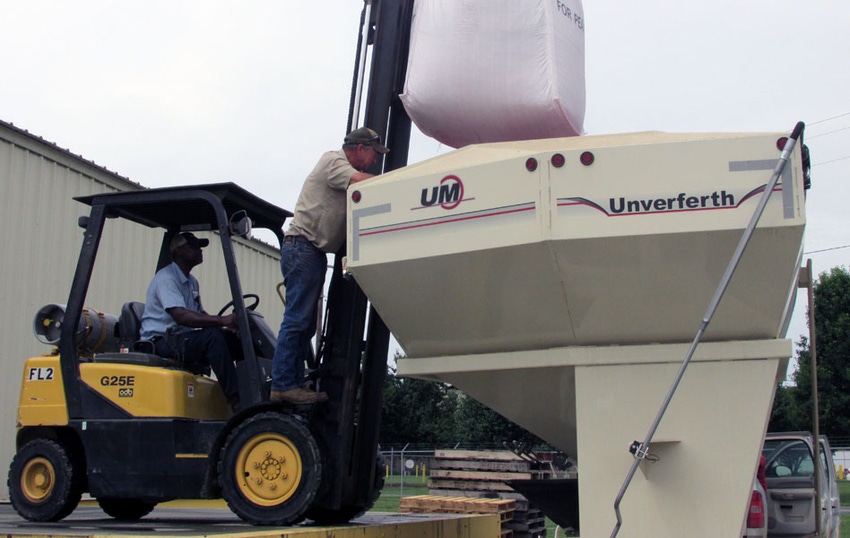February 24, 2014

New crop varieties with improved pest resistance generally are recognized as the most significant contributor to higher yields over the past 30 years, making seed more valuable than ever before. Understand the laws that apply to saving seed at the farm level.
“This is serious business,” said Terry Hollifield, executive director of the Georgia Crop Improvement Association. “Private corporations and public institutions should be paid for their efforts in developing new crop varieties. Everyone in the seed industry shares in the responsibility to ensure that all parties are fairly compensated for new crop varieties.”
The “pirating” of seed by farmers, seed conditioners and other is not only illegal but also reduces the funding available for research, he says.
Most newer crop varieties, according to the Georgia Crop Improvement Association, are protected by the Plant Variety Protection Act (PPVA) and/or a utility patent.
Under the 1994 PVPA a farmer may save enough seed of a protected variety to plan on his own farm holdings but MAY NOT sell seed without permission of the variety’s owner. It is an infringement to condition, bag or store farmer-saved seed if the quantity exceeds what the farmer can legally save for planting purposes.
Under U.S. Patent Law, a farmer MAY NOT condition, treat, bag or store any seed of a utility patent-protected variety or a variety containing a utility-patented gene.
U.S. courts have continued to enforce these laws and the protection they provide to plant breeders and seed companies. Fines and penalties have been handed down to growers and seed handlers who attempt to save seed for re-sale without the permission of the owner of the variety.
Hollifield stresses that growers should not risk the future of their farm or business by purchasing seed or selling seed of a protected variety.
If you are unsure about the status of the variety you’re planting, contact the owner of the variety or the Georgia Crop Improvement Association for additional information or clarification.
About the Author(s)
You May Also Like




